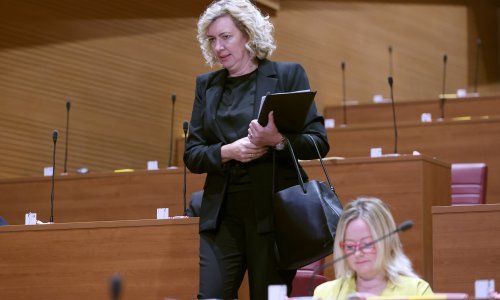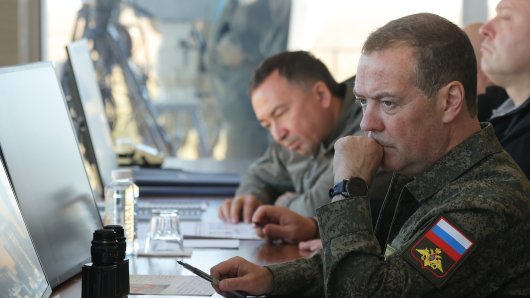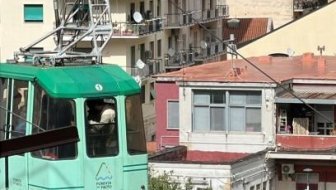Only understanding and cooperation can lead to better relations between states and the solving of problems that have piled up for decades, including national minorities' rights, Croatian President Ivo Josipovic said during a visit to Sid, Serbia on Thursday.
He met with local leaders, representatives of Croatian associations and the Croatian community in the Srijem region.
"To be a Croat in Serbia should be an honour and a matter of pride to the Croats. Just as we in Croatia treat national minorities as citizens we are proud of and whom we want to give a chance to exercise their identity and rights, Croatia asks all countries in which Croats live to give the same to the Croatian people," said Josipovic.
He said crimes committed in wartime must not be forgotten and should be tried in court, but stressed that the task of political leaders was to build bridges of friendship.
Josipovic voiced confidence that the Serbian government would make sure that Croatian was officially used as a national minority language and would ensure the right to education and religion as well as cultural and social rights.
"I'm sure that the appropriate bodies in Serbia will be the right partner and interlocutor because in the region we are developing partnership," he said, calling on the Croats in Serbia to demonstrate their national pride and determination in preserving their national identity and to exercise all the national and civil rights they were entitled to.
The president of the Croatian National Council (HNV) in Serbia, Slaven Bacic, said Josipovic's visit to Sid and the attendance of Vojvodina provincial Prime Minister Bojan Pajtic "represent another sign of new winds in Croatian-Serbian relations."
He said the Croats' position in this region had improved considerably since the war and called on the Croats to freely state their ethnicity, mother tongue and religion at the upcoming population census in Serbia.
Pajtic said the provincial authorities cared for the preservation of national communities' identities, seeing diversity of language, religion and culture as an advantage and a wealth and not as a shortcoming.
That's why the province of Vojvodina has transferred the founding rights in Croatian-language media to the HNV because "we believe that the Croatian community will know better how to define our priorities," he said.
Also in attendance was Croatian Culture Minister Jasen Mesic.
Speaking to the press, Josipovic said he was particularly pleased to be visiting this part of Serbia where during the 1991-1995 war the Croats "suffered a lot and were victims of crimes and many had to move away."
"I'm glad that an evident step forward has been made in the exercise of cultural and political rights and I see that as a positive sign of good partnership in solving the situation of the Croatian minority in Serbia, although there's still a lot to do."
Josipovic said it was specially important that, at the population census, "the Croats declare themselves as Croats because the exercise of minority rights depends on that."
Asked to comment on current Croatian-Serbian relations, Josipovic said they had their ups and downs, but added they had a visible continuity and that he was confident that problems, when they appear, "will be temporary."
Later today, he was scheduled to meet Serbian President Boris Tadic in Belgrade.




































